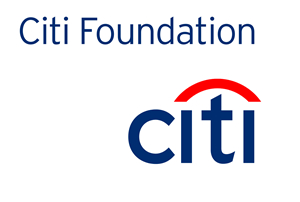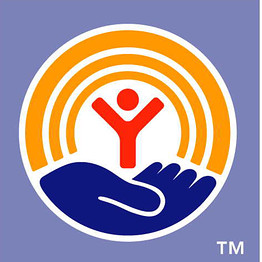Home \ Project News \ Wulong project provided education on pneumoconiosis
It is estimated that there are around over 6 million migrant workers who have pneumoconiosis in China. 62.67% of them did not wear protective masks when they worked in the dusty work environment (China Daily 12.09.2014). Most of them did not receive reimbursement from work injury insurance, and they could not get reimbursed from the new cooperative medical schemes even when they went to the hospital themselves. Pneumoconiosis is like a chronic cancer, and it is an incurable disease. It’s 3rd and terminal stage results in death under extreme pain. These migrant workers have contributed their labor force for tens of years. They sacrificed their health and even life, leaving their families struggling between poverty and death.
“China reported 23,152 new pneumoconiosis cases throughout the country in 2013, accounting for nearly 90 percent of the country's occupational diseases, China News Service reported.The number of new pneumoconiosis cases was 1,054 less than recorded in 2012, thanks to government efforts to prevent and treat occupational diseases, according to statistics released by the National Health and Family Planning Commission on its official website.
The country's coal mining industry diagnosed 15,087 pneumoconiosis patients last year, leading the mainland in the number of new pneumoconiosis patients.
It was followed by the nonferrous metals industry with 2,399 patients, the machinery sector (983) and construction (948)” (cited from China Daily 30.06.2014).
In the villages covered by the Farmers’ Clubs Wulong project which is funded by CITI Foundation, there are many migrant workers, many of them working in coalmining, metal smelting, stone blasting, construction and cement etc. With the assistance of the Farming Instructor of Zoujia Village and the Farmers’ Clubs Committee the project team visited Puziping and Wujiaba Group and provided training in Tuberculosis and health knowledge. As the migrant workers started to gradually return to the village, PMO selected this time to provide a series of health education. The contents included TB related policy, TB symptoms, things to pay attention to during their daily life, how to respond when identifying TB. During the training, some villagers said that there were lots of coal mine workers in Zoujia Village, some villagers had already diagnosed as having anthracosilicosis (anthracosilicosis is caused by long term inhaling lots of free SiO2 powder. It is a disease with extensive nodular fibrosis of the lung. Anthracosilicosis is the most common, fast-moving and the most serious pneumoconiosis. The lethality of anthracosilicosis is often due to having serious TB, spontaneous pneumothorax and respiratory failure.) The project team recommended that the villagers with anthracosilicosis should pay high attention to their health status. They should leave the dusty work and actively participate in treatment.
We learnt that several villagers had already died of anthracosilicosis in Jieguan Village. The project team specifically explained to the villagers about symptoms of anthracosilicosis, its harm to the health, treatment methods and the way of responding to it such as stop smoking and drinking, more exercises and nutrition. We wish the villagers especially these involved in dangerous types of work should strengthen their self protection awareness and cherish their life.
The project team organized a new round of village health education activities on November 4 in Fengdu. With the help of volunteers of Fengdu Honghuapo village, villagers nearby were called and gathered for a simple training about knowledge of occupational diseases. Posters about prevention and treatment of occupational diseases were put up in the places where there were lots of people. The education was mainly about national policies about occupational diseases, prevention and treatment of anthracosilicosis. Volunteers were recruited to provide education in the village in combination with distributing materials. Up until November 20, 324 people were educated and trained about anthracosilicosis, including 85 people from Honghuapo Village, 86 people from Baiguoyuan Village and 153 people from Qinggangping Village. 


The project team visiting the villages to provide education about diseases 
The project team visiting Baoluan Town, Fengdu to provide education about diseases
Putting up posters in Baoluan Town

The FC Wulong project is made possible through a United Way Worldwide grant on behalf of the generosity of Citi Foundation.